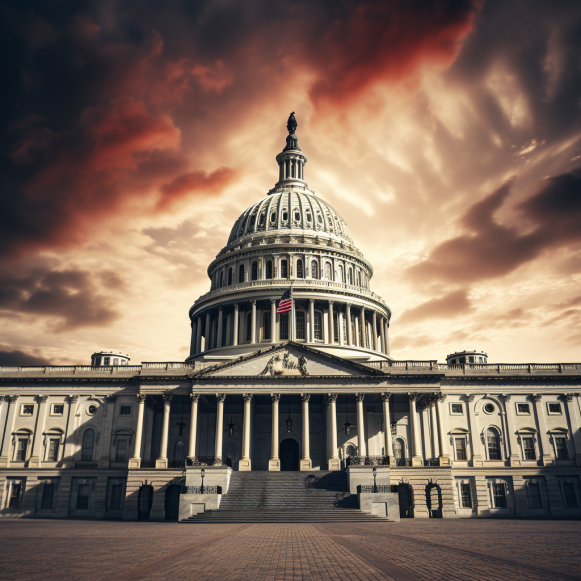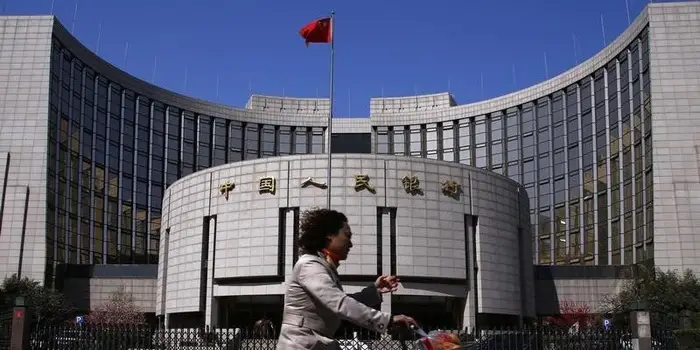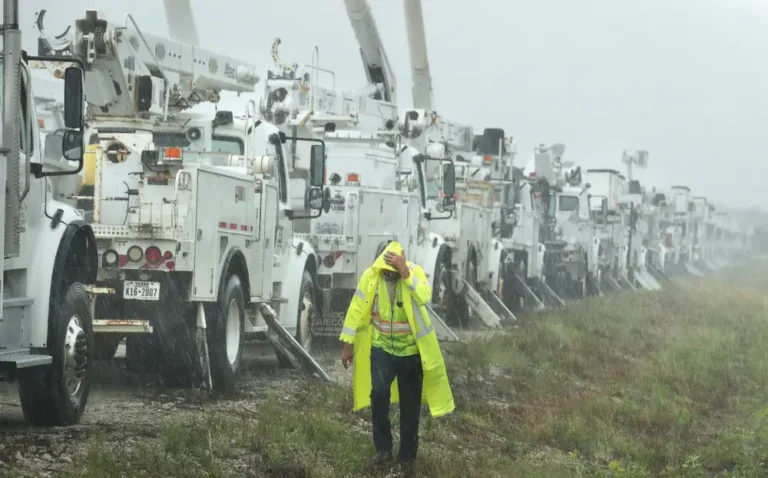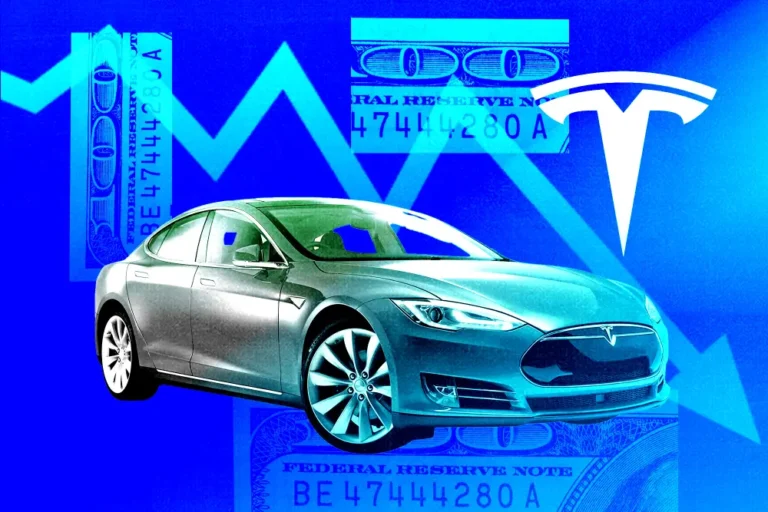Stocks are vulnerable to double-digit moves as political chaos worsens into next year, Evercore says. Here are its investing recommendations for riding the volatility.

- A government shutdown looms, and investors are worried about what it means for their portfolios.
- Julian Emanuel of Evercore says the bigger issue is the volatility of a 2024 presidential election.
- Markets rise or fall by double digits during election years when Congress is tightly contested.
According to Goldman Sachs, there is a 90% chance that the US government will be shut down by 12:01 a.m. on Sunday, October 1.
This weekend’s drama is the latest round of political squabbling to spill over from Capitol Hill to Wall Street, a sort of sequel to June’s debt showdown.
And, just as the cycle progressed from June to October, investors must prepare for the next stage: election season. While a contentious presidential election can often feel volatile, new data from Evercore confirms this.
Here’s what investors should know about a government shutdown, what the next political battle will bring, and where they should put their money as markets become more volatile.
What effect does a government shutdown have on the stock market?
The Federal Reserve will immediately feel the effects of a government shutdown. Chairman Jerome Powell has stated that monetary policy will be directly related to incoming data on the health of the economy, but with several key data providers shut down during the shutdown, the Fed will be flying blind.
Of course, when the government reopens for business, the Fed will regain some sense of direction. However, while the damage will be temporary, it could be severe. After all, while earnings drive long-term stock-market returns, sentiment steers the market in the short term — and sentiment isn’t looking good right now.
Higher-for-longer interest rates, rising oil prices, labor strikes in a variety of industries, consumer confidence at a four-month low, home prices at an all-time high, and the largest monthly stock sell-off of the year: there’s a lot of bad vibes in markets right now. A government shutdown that impairs the Fed’s ability to navigate these turbulent waters could be the icing on the cake that sends the economy and markets into a tailspin.
However, in terms of directly affecting the stock market, a government shutdown would be unusually damaging. “The history of government shutdowns has been largely irrelevant for the stock market,” Evercore senior managing director Julian Emanuel says. The December 2018 market bottom was followed by a significant market bottom driven by declining yields and a Fed that quickly realized it had hiked too frequently, not directly due to the government shutdown.”
However, Emanuel cautioned that a shutdown could increase market volatility because the Fed would be forced to “incorporate political dysfunctionality into its 2024 projections.”
He went on to say: “It is a D.C. where the precarious balance of power already promises that the sleepy volatility of the past 6 months has ended; vol has worked to the downside in recent weeks; lower yields and lower oil could cause upside stock market vol ahead.”
Election years with a closely divided government means turmoil
Volatility is exactly what Emanuel is concerned about as 2023 comes to a close and the presidential election cycle in 2024 begins.
Emanuel wrote in a note to clients earlier this week that under a “unified” government — or when one party controls the House of Representatives, Senate, and White House — stocks tend to outperform. “Unified government tends to get things done, regardless of the cost to the taxpayer, which stocks have applauded over the long term,” he wrote.
However, there is an exception to this rule. If control of a unified government is “tight” — that is, control of the Senate is divided by two seats or less and control of the House is divided by ten seats or less — heading into an election year, stock market volatility skyrockets, for better or worse.
That is exactly the position Congress is in as the presidential election season in 2024 gets underway, and it could mean a wild ride for investors next year.
As Emanuel pointed out, no year in the previous eight instances of a tight government heading into election season ended with stock-market returns in the single digits. “While five of the eight years were negative, 1954’s return of 45% was one of the highest on record.” And the swings can be massive, as the Pandemic environment of 2020 vividly demonstrates,” he wrote.
How to Invest in the Presidential Election Next Year
While all eyes are on a government shutdown today, smart investors should be prepared for whatever the future holds.
“The message for investors is clear,” wrote Emanuel. “Prepare for more volatility in 2024 than a VIX consistently below 20 these last number of months would indicate.”
In the short term, Emanuel believes that the stock market’s decline in September will continue into October, with the S&P 500 testing its support level of 4,200.
Longer term, Emanuel believes in a “landing-proofed” portfolio. He is long energy and healthcare stocks. Energy is “convex to geopolitics,” he writes, while healthcare is “immune to geopolitics and interest rate gyrations.”
Emanuel also owns stocks that are benefiting from the generative AI boom. These include obvious AI beneficiaries such as Nvidia, Alphabet, and Meta, as well as less obvious periphery players such as MongoDB, Vertiv Holdings, and others.
In terms of what the coming year may bring, Emanuel has a straightforward warning for investors.
“A recession does not imply a negative year for stocks in 2024.” “It didn’t in 1954, and it won’t in 2020, despite two ‘tight government’ years,” Emanuel wrote. “But when stocks play politics like they are now and will be for another 13+ months, it does mean more volatility.”






